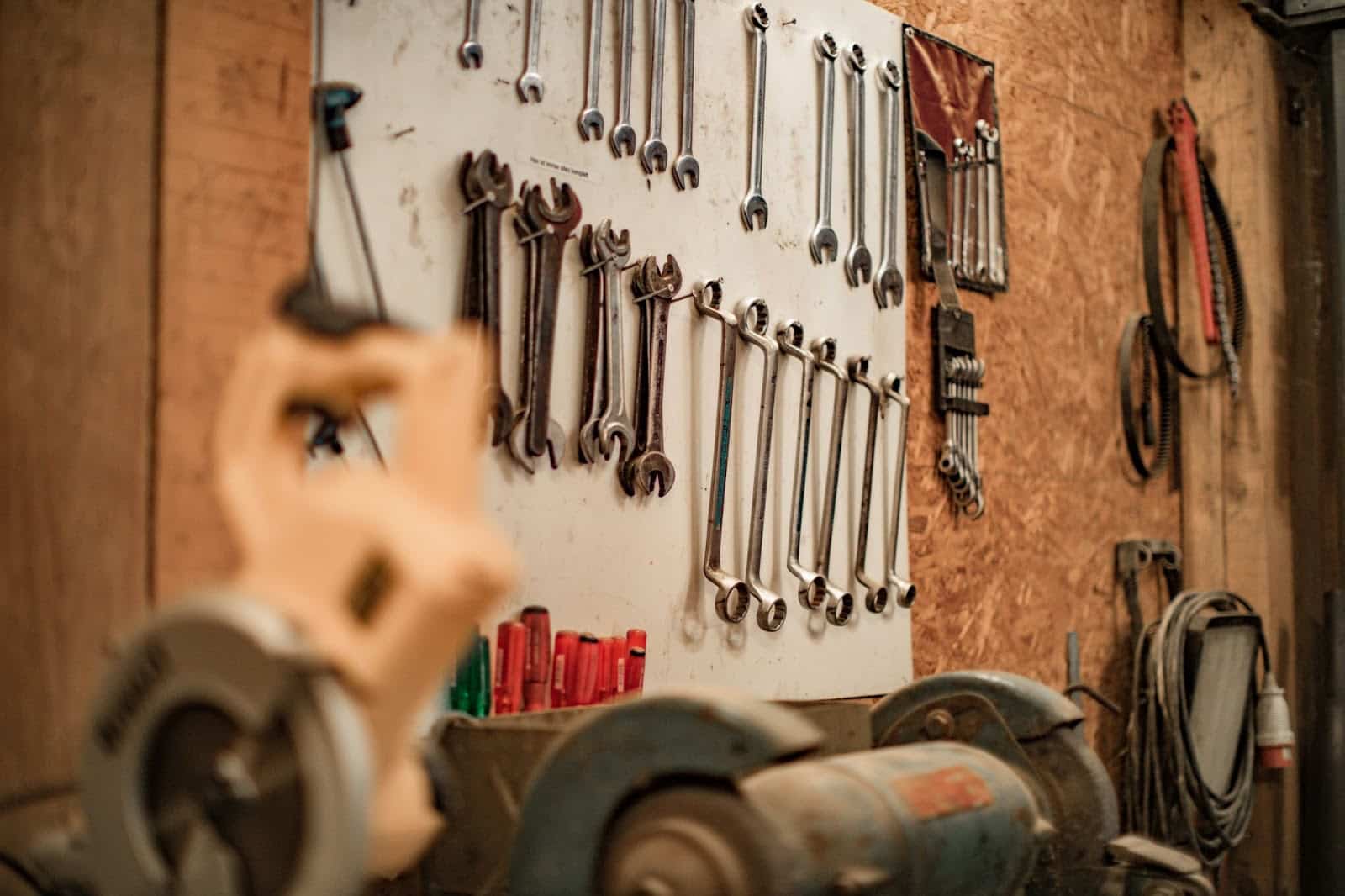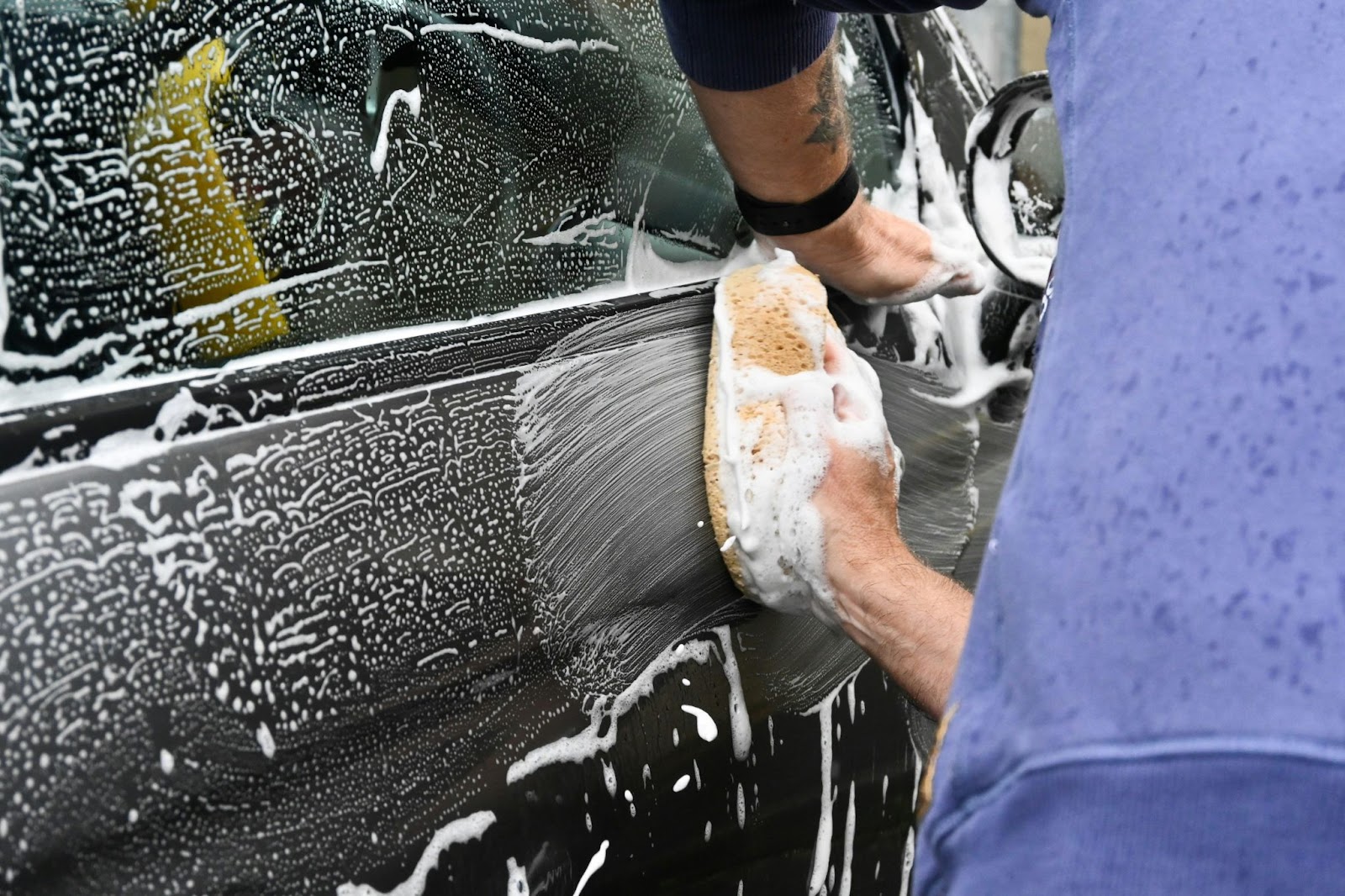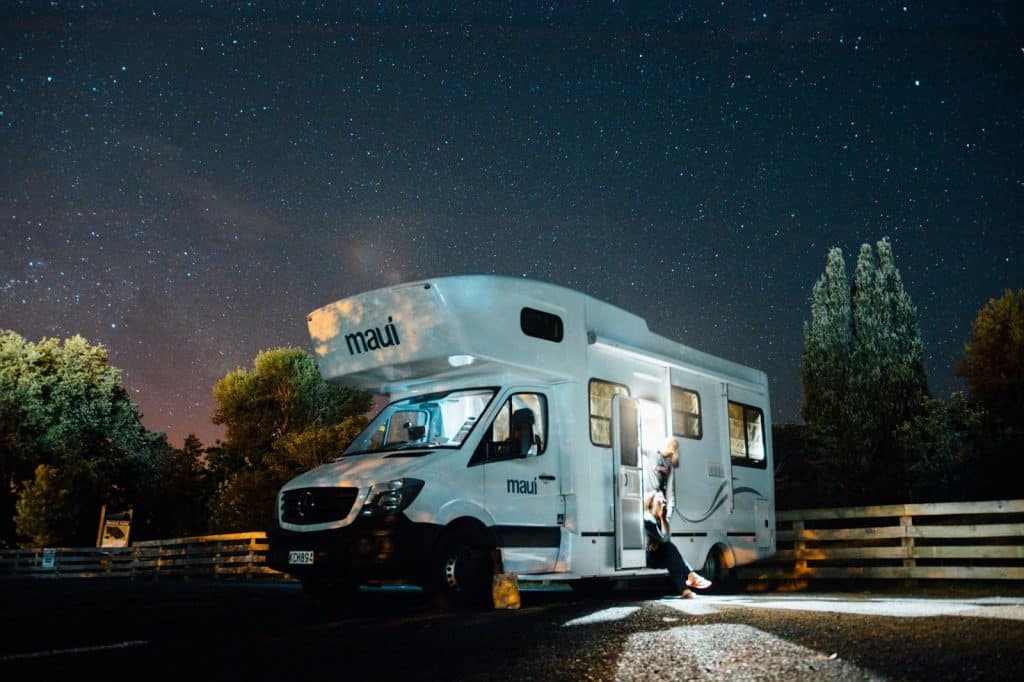Vehicle ownership represents one of the most significant investments most Australians and New Zealanders will make. Whether you’re dreaming of weekend adventures in a motorhome or simply need reliable daily transport, making smart decisions from purchase through ongoing maintenance can save you tens of thousands of dollars over your ownership journey.
This comprehensive guide will walk you through every critical decision point, helping you maximize value while minimizing stress and unexpected expenses.
The beauty of today’s vehicle market is the incredible range of options available to buyers across both sides of the Tasman. From budget-friendly used vehicles to premium recreational options, understanding what to look for and how to maintain your investment ensures years of reliable service. Let’s explore how to navigate these decisions with confidence and intelligence.
Understanding Your Vehicle Needs
Before you start browsing listings or visiting dealerships, clearly define what you actually need from a vehicle. Are you seeking weekend adventure capabilities, daily commuting reliability, or perhaps a mobile home for extended travel? Your intended use fundamentally shapes which vehicle type delivers the best value for your situation.
Consider your lifestyle honestly rather than aspirationally. Many buyers purchase large motorhomes dreaming of constant travel, only to use them twice yearly. Similarly, some buy four-wheel drives for occasional camping trips when a standard SUV would serve them better at a lower cost.
Budget beyond the purchase price to include registration, insurance, fuel costs, and maintenance. A cheaper purchase price often means higher ongoing costs, while quality vehicles may cost more upfront but deliver better long-term value. Factor in how long you plan to own the vehicle when calculating the total cost of ownership.
The Smart Approach to Buying Used Motorhomes
Motorhomes represent the ultimate freedom vehicle, your accommodation and transport combined into one versatile package. The Australian and New Zealand motorhome markets offer excellent value in the used segment, where you can find well-maintained vehicles at significantly lower prices than new equivalents. Savvy buyers know that motorhomes depreciate heavily in their first few years, making three to five-year-old models particularly attractive value propositions.
When searching for quality options, exploring established dealers with comprehensive inventories gives you choice and peace of mind. Reputable sellers provide detailed vehicle histories, conduct thorough pre-sale inspections, and often offer warranty coverage that protects your investment.
If you’re serious about finding a used motor home for sale working with experienced dealers who specialize in recreational vehicles ensures you’re getting accurate information about condition, features, and fair market pricing.
Research common issues for specific motorhome makes and models before viewing vehicles. Online forums, owner groups, and review sites reveal recurring problems that should influence your inspection priorities. Pay particular attention to water damage, which remains the most expensive motorhome issue to repair.
Essential Inspection Points for Motorhomes

Never purchase a motorhome without a comprehensive inspection, ideally by a qualified mechanic experienced with recreational vehicles. The complexity of motorhomes combining automotive and accommodation systems creates numerous potential issues that untrained buyers often miss. Roof condition, seals around windows and doors, and chassis integrity all require expert assessment.
Test every system thoroughly during your inspection. Run the generator, test appliances, check water pumps and tanks, operate the air conditioning, and verify all lights and outlets work correctly. Many sellers price motorhomes assuming buyers won’t discover hidden faults, so thorough testing protects you from expensive surprises.
Check service history meticulously. Regular maintenance demonstrates responsible ownership and predicts future reliability. Be particularly wary of motorhomes with gaps in service records or incomplete documentation, as these often hide neglect or undisclosed problems.
Financing and Insurance Considerations
Financing options for motorhomes differ from standard vehicle loans, particularly for older units. Many lenders impose age restrictions on recreational vehicle financing, making it harder to secure loans for motorhomes over ten years old. Shop around among specialized RV lenders who understand the unique aspects of motorhome financing.
Insurance costs vary dramatically based on vehicle value, your usage patterns, and coverage levels. Comprehensive coverage is essential for motorhomes, given their value and complexity. Consider contents insurance separately, as your belongings inside the motorhome may not be fully covered under standard policies.
Factor in storage costs if you don’t have space at home. Secure storage facilities charge between $50 and $200 monthly, depending on location and security level. Some councils prohibit street parking of motorhomes, making off-site storage mandatory in certain areas.
Registration and Compliance Across the Tasman
Australian and New Zealand registration requirements differ significantly, particularly regarding imported vehicles and compliance standards. If you’re considering purchasing a motorhome from across the Tasman, understand the compliance costs and process before committing. What seems like a bargain in one country might become expensive after meeting the other country’s requirements.
Registration costs vary by state or region, vehicle weight, and intended usage. Some jurisdictions offer reduced registration for recreational vehicles used seasonally. Research your specific location’s requirements and any available concessions that could reduce ongoing costs.
Keep detailed records of all registration, compliance certificates, and safety inspections. These documents prove your vehicle’s legal status and become invaluable if you eventually sell. Missing paperwork can significantly reduce resale value and complicate transactions.
Ongoing Maintenance Fundamentals
Regular maintenance is the single most important factor determining long-term vehicle reliability and value retention. Neglecting routine services to save money invariably leads to expensive repairs that dwarf the cost of preventive maintenance. Establish a maintenance schedule based on manufacturer recommendations and stick to it religiously.
Motorhomes require additional maintenance beyond standard vehicles due to their accommodation systems. Regular checks of water systems, gas fittings, electrical systems, and structural seals prevent the kinds of deterioration that destroy motorhome values. Annual professional inspections catch problems early when they’re still inexpensive to address.
Keep comprehensive maintenance records documenting every service, repair, and replacement. These records demonstrate responsible ownership, assist with warranty claims, and significantly boost resale value. Buyers pay premium prices for well-documented vehicles with complete service histories.
Cost-Effective Parts Sourcing Strategies
Smart vehicle owners understand that maintenance costs can be managed through strategic parts sourcing. While dealerships offer convenience, they’re rarely the most economical option for replacement parts. Alternative sources provide genuine quality components at significant savings, particularly for common maintenance items and repairs.
Quality recycled parts from reputable auto dismantlers offer exceptional value without compromising reliability. These businesses professionally remove, test, and warranty components from salvage vehicles, providing like-new functionality at a fraction of retail prices. This approach is both economically smart and environmentally responsible, giving quality parts a second life rather than manufacturing new ones.
For Toyota owners throughout New Zealand, accessing affordable genuine parts has never been easier. Specialized dismantlers maintain extensive inventories of tested components for popular models, ensuring availability when you need them.
Wellington region vehicle owners particularly benefit from working with experienced Toyota wreckers Lower Hutt operations that understand the local market and provide quality assured parts with warranty protection. This approach dramatically reduces maintenance costs while maintaining the reliability Toyota owners expect.
DIY Maintenance vs Professional Service

Understanding which maintenance tasks you can handle yourself versus those requiring professional expertise saves money without compromising safety. Simple jobs like oil changes, air filter replacements, and fluid top-ups are well within most owners’ capabilities. Online tutorials and model-specific forums provide step-by-step guidance for common maintenance procedures.
However, some tasks absolutely require professional attention. Brake system work, suspension repairs, gas system servicing, and electrical troubleshooting all involve safety-critical systems where mistakes can prove dangerous. Know your limitations and invest in professional service for complex or safety-related maintenance.
Building a relationship with a trusted mechanic pays dividends over your ownership period. They learn your vehicle’s history, often spot developing problems before they become serious, and may offer preferential rates to loyal customers. This relationship proves particularly valuable for older or complex vehicles like motorhomes.
Seasonal Preparation and Storage
Preparing vehicles for extended storage prevents deterioration and ensures they’re ready when needed. Motorhome owners who use their vehicles seasonally must properly winterize or protect their units during off-season periods. This includes draining water systems in freezing climates, maintaining battery charge, protecting against pests, and ensuring adequate ventilation.
Covered storage protects against UV damage, weather deterioration, and temperature extremes that accelerate aging. If covered storage isn’t feasible, quality covers designed specifically for motorhomes provide significant protection. Ensure covers are properly secured and check periodically for any damage or moisture accumulation underneath.
Start vehicles regularly during storage to maintain mechanical health. Running the engine, exercising the transmission through all gears, and driving short distances prevents seals from drying, keep fluids circulating, and maintains battery charge. Even stored vehicles benefit from monthly attention.
Building Long-Term Value
Vehicle ownership should be viewed as a long-term investment rather than just a purchase. Making smart decisions from initial buying through ongoing maintenance protects and often enhances your vehicle’s value. Well-maintained vehicles with comprehensive service records command premium prices when you eventually sell.
Keep your vehicle clean, address minor damage promptly, and maintain both mechanical and aesthetic conditions. Small issues like paint chips, worn upholstery, or minor leaks become major problems if ignored. Addressing them immediately costs little but prevents expensive deterioration.
Stay informed about your vehicle’s market value throughout your ownership. Understanding current market conditions helps you decide optimal selling timing if you eventually upgrade. Sometimes holding a vehicle an extra year improves your financial position, while other times selling quickly maximizes returns.
Conclusion: Your Roadmap to Smart Ownership
Successful vehicle ownership combines informed purchasing decisions with diligent ongoing maintenance. Whether you’re enjoying adventures in a quality used motorhome or maintaining daily transport, the principles remain the same: buy intelligently, maintain consistently, and make cost-effective decisions throughout your ownership journey.
The vehicle market across Australia and New Zealand offers tremendous opportunities for savvy buyers willing to do their research. From finding quality recreational vehicles through reputable dealers to sourcing affordable parts from trusted suppliers, smart strategies exist at every stage of ownership.
These approaches don’t require mechanical expertise or industry connections, just a willingness to research, ask questions, and make informed decisions.
Remember that your lowest total cost of ownership comes from buying quality vehicles, maintaining them properly, and addressing issues promptly. Short-term savings from neglecting maintenance or buying problematic vehicles invariably lead to higher long-term costs. Invest wisely, maintain diligently, and your vehicle will reward you with years of reliable service and retained value.
